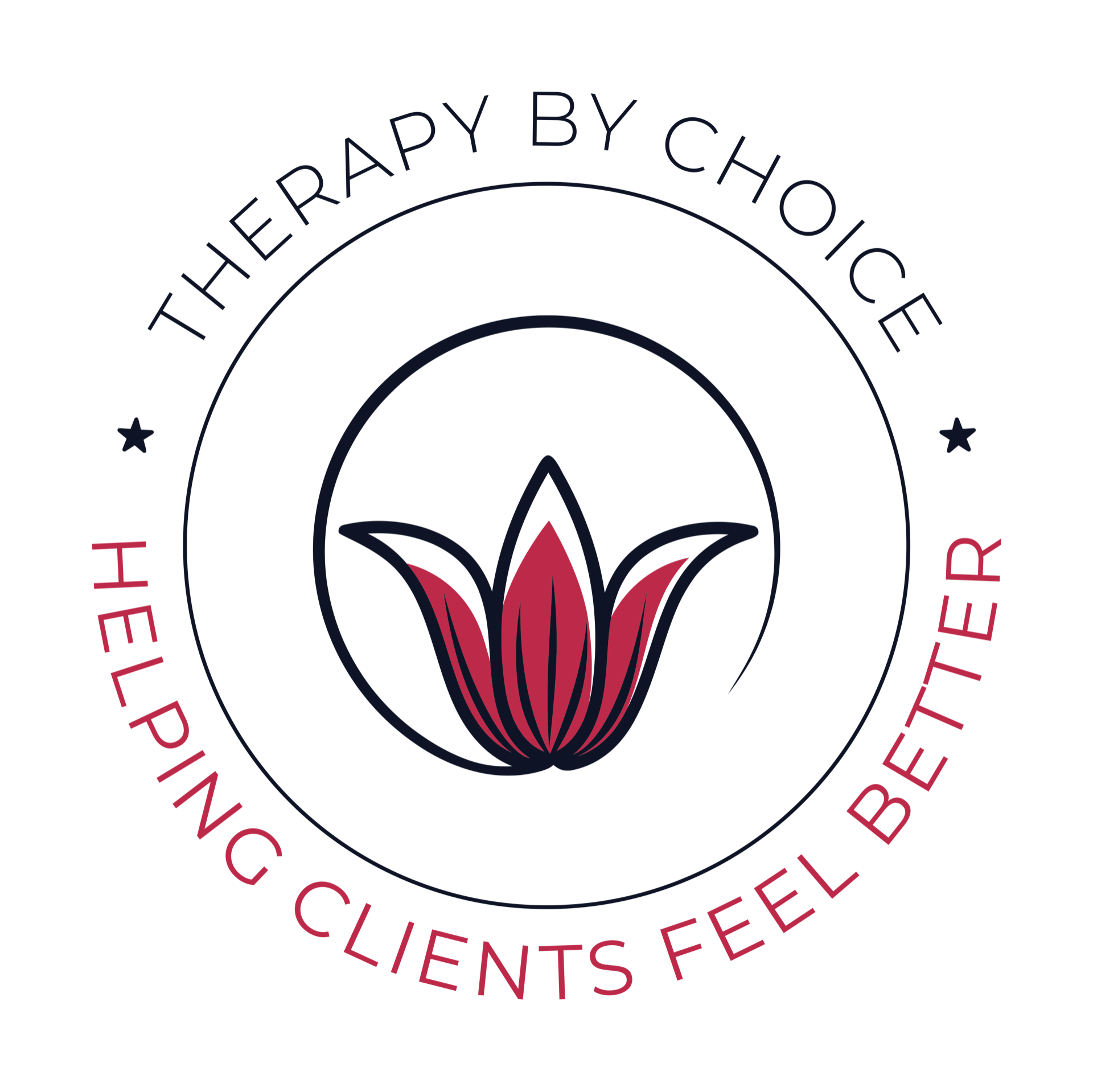How Learning Disabilities Affect a Child’s Mental Health

For many children and teens, learning disabilities are a frustrating part of life. Learning disabilities not only bring a sense of shame and isolation, but they can also lead to mental health issues in some children.
What Are Learning Disabilities?
According to the National Center for Education Statistics (NCES), a learning disability is any disorder of the fundamental psychological processes involved in understanding or using language. These can ultimately result in difficulties thinking, listening, reading, writing, math, and spelling.
Learning disabilities are quite common among young children and teens. According to the NCES, of the 7 million students who receive special education services in the country’s public school system, 33% have at least one learning disability. Common learning disabilities children deal with are ADHD, dyscalculia (trouble with counting and numbers), dyslexia, and others.
Learning Disabilities and Mental Health Issues in Children and Teens
While a learning disability isn’t a mental health issue in and of itself, both are closely related. When children and teens have a delay in learning, they can feel as if their academic efforts aren’t paying off. They can feel like a failure and, if their classmates aren’t sensitive, they can also feel like the butt of many jokes. This puts children and teens with learning disabilities at a higher risk of developing anxiety and depression.
It’s important that parents and teachers of students with learning disabilities look for any signs of anxiety or depression. These may include:
- Sudden fear
- Worrying
- Trouble sleeping
- Irritability
- Anger issues
- Feelings of sadness and/or hopelessness
- Changes in social behaviors (not spending time with friends)
- Changes in appetite
- Thoughts of harming themselves
Once any signs are noticed, parents should bring their child to a qualified mental health therapist. This professional will help the child manage their symptoms so they can better function at home and at school. Some sessions may include the parents while in other sessions, the therapist may want to work one-on-one with the child.
Many child psychologists use cognitive-behavior therapy (CBT) to help children become aware of their own thoughts and feelings and then change their thoughts, emotions, and reactions to challenges at home and at school. CBT helps a child become independent and evaluate whether their thoughts and feelings or logical or distorted.
Does your child or teen have a learning disability? Do you believe this disability has caused them to develop depression or anxiety? If so, and you’d like to explore treatment options, please get in touch with me. I would be happy to speak with you to see if I might be able to help.
SOURCES:
